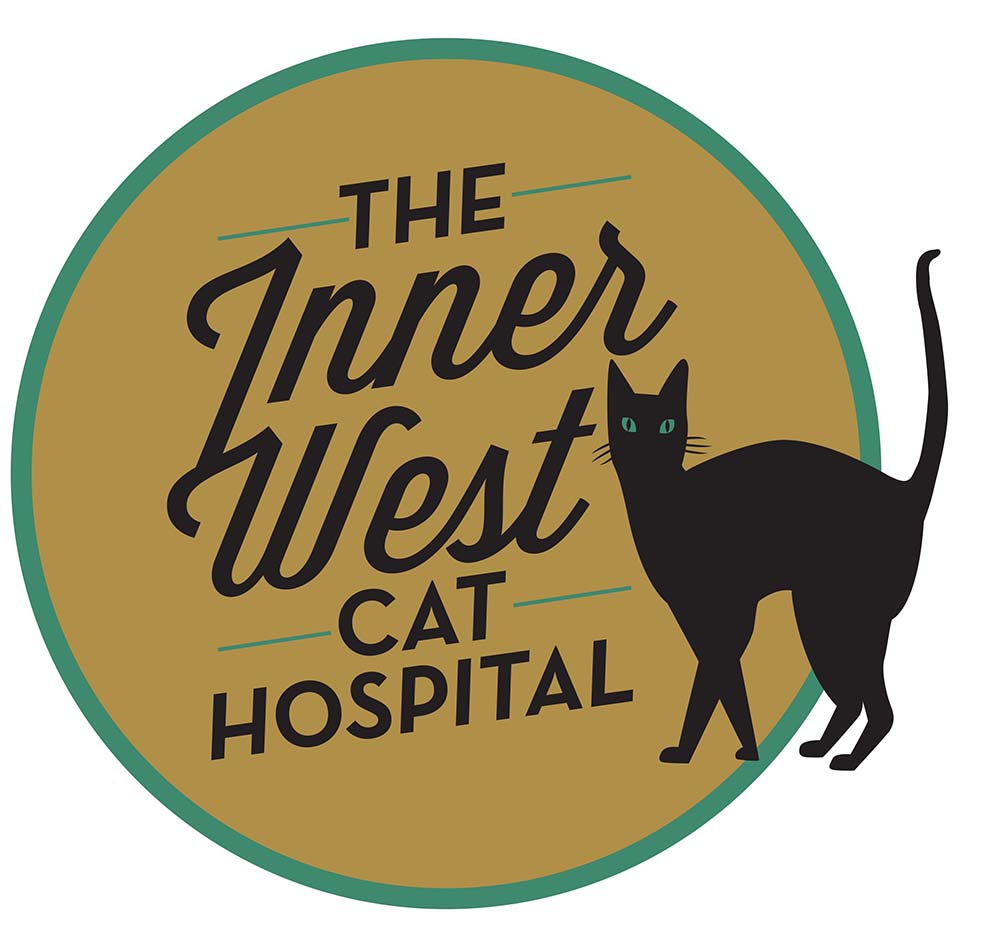Cat Health
Senior Cats
11-14yrs (60-72 human years)
Although enjoying a calmer lifestyle of lounging around in the sun and napping on their favourite blanket these wise and learned friends may still surprise you with the offerings of their hunt every now and then.
It is during these years some chronic illnesses come to light so more frequent check ups are recommended.
Veterinary care required and how often to get it
Health check and physical exam – every 6-12months or more regularly if indicated by your pet’s individual needs
Weight checks – can be done at time of physical exam or more often if you are concerned they are under or over weight
Vaccination – every 1-3 years based on your cats needs
Worming – every 3-12 months based on your cats needs
Flea and tick control – monthly, or less often depending on the product used
Nail trims – check nails regularly, at this age cats tend to scratch at poles etc. less often and they can become overgrown and painful. Trim as necessary
Blood pressure checks – every 6 -12months or more regularly based on your patients health
Urine tests – every 6-12months or more regularly based on your cats health
Blood tests – every 6 -12months or more often based on your cat’s health.
*These recommendations may vary between vets; these suggestions are based on our desire to keep your cats safe and happy!

By now you know your kitty – what they like to eat, their favourite toys etc., so here are some things to look out for in their golden years.
Grooming
An older cat may stop grooming, its not because they can’t be bothered anymore but usually a sign that your cat may have dental disease or arthritis. If you are concerned your cat’s coat is not looking as shiny or starting to get some matts, please give us a ring. Help with grooming may also be needed for your cat at this time.
Look out for signs of pain
Cats are very good at hiding their pain and the signs are usually subtle. We are often looking for things they don’t do any more rather than additional things that they do do. In older cats there are usually two types of pain we see – arthritic pain and dental pain.
Things to look out for that may indicate arthritic pain include:
- Grooming less often or not at all.
- Not jumping up on he bed/couch
- Reluctance to use stairs or using a litter tray inside (if they would often use the cat flap to go outside) or toileting in unusual places (some cat litters can be hard on their soft little paws)
Things to look out for that may indicate dental pain:
- Not wanting to eat their dry food anymore
- Dropping food from their mouth
- Drooling
- Pawing at mouth
- Decrease or lack of grooming.
- Reluctance to eat at all.
- Smelly breath.
- Teeth chattering
